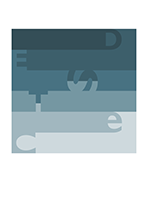Frontiers of Energy Management and Technology Innovation 2023
FREE CONFERENCE - 31st March 2023
Held by the PhD course of DESTeC Department
University of Pisa
SECOND EDITION - HYBRID
Have a look on the first edition!
CONFERENCE PROGRAMME
The second edition of the FEMTI 2023 Conference "Frontiers of Energy Management and Technology Innovation" will be helded from 31st of March 2023 in hybrid way, both in presence and online. The conference is funded by University of Pisa and hosted by the PhD course of the Department of Energy, Sistem, Land and Construction (DESTeC) of the School of Engineering of Pisa and recognized by the Association fo Engineers of Pisa. Partecipation to the event is open and free. The conference is designed in two sessions: the morning focuses on technical solution to promote the energy transition, while the afternoon session, focused on students, Ph.D. and researchres in the field of energy management and building physics, deals with climate change research perspectives.
It is no longer possible to ignore the signs due to the effects that climate change is bringing to our environment and the world we live in: droughts and extreme weather events are becoming increasingly frequent. In this scenario, building design must take into account resilience to these changes. Energy performance, assessed and maintained in the worsening framework of global temperature trends, must also
combat this phenomenon, starting with the reduction of greenhouse gas emissions. In an increasingly complex and specialized context, the promotion of interventions to promote an energy transition toward increased use and integration of renewable energy in the civil sector must involve not only new but especially the renovation of the existing building stock. In recent years, the perspective has scaled from the individual building to the management and sharing of systems at the urban and suburban level. The identification of energy communities or collective self-consumption groups spreads rational and efficient use of the energy produced, while maintaining the principles proper to the energy transition. Within this framework, the management of energy flows must marry with a vision in which design centrality is assigned to the well-being and comfort of users, primary elements of the built environment. There is a need for further study of adaptive approaches in the context of multi-objective optimization that considers energy and comfort as objective functions.
Conference Programme
CONFERENCE TOPICS
Energy Communities
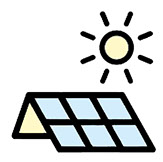
Adaptive
comfort

Energy
Transition
Climate
change

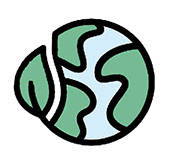
GUESTS & KEY LECTURES
Morning session
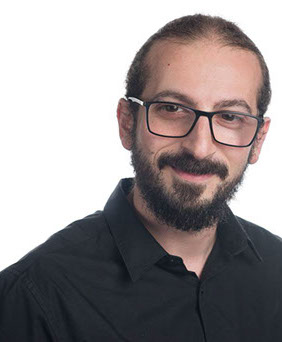
Dr. Eng. Marco Picco, Ph.D.
Construction Engineering and Management Research and Enterprise Group Sustainability and Resilience Engineering Research and Enterprise Group
Advanced Engineering Centre
Brighton University
After a degree in Architectural and Building Engineering and a Ph.D. in Energy and Environment Technologies at Bergamo University, he started his academi career and became a Senior Business Researcher/Senior Research Fellow at University of Brighton. He expanded his Ph.D. research on simplified building energy modelling for building design, developing it into a web-based tool to support building design, both for educational and commercial purposes (www.freds4buildings.com). He is currently leading research in the development of a building performance simulation tools to support the integrated design process of new highly efficient buildings. He is also collaborating with on the integration of building energy simulation with BIM to improve building design and management.
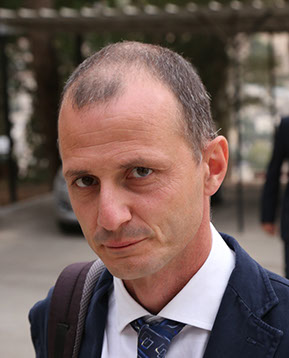
Dr. Eng. Maurizio Pieve, Ph.D.
Tenured researcher at ENEA, TERIN (Department of Technologies Energetics and Renewable Sources) - PSU (Production, Storage and Energy Utilization), IPSE Laboratory (Engineering of Processes and Systems for Energy Decarbonization)
ENEA
Graduated in Nuclear Engineering at the University of Pisa, after a brief experience at Enel Produzione S.p.A./Ricerca, he continued his academic career with a PhD in Electrical and Thermal Energy and a research grant on high temperature heat exchangers for regeneration and recovery in advanced applications of conversion of coal and biomass, becoming in the meantime expert of the subject for the course of Technical Physics of the degree course in Aerospace Engineering of the University of Pisa. Since 2012 he has been a researcher for ENEA at the CNR of Pisa with appointment as Delegate for Italy in the Technical Collaboration Program of the IEA (International Energy Agency) on Heat Pumping Technologies.
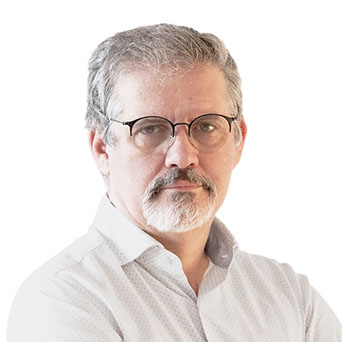
Eng. Alberto Boriani
Co-founder of Logical Soft Srl, CEO of ISNOVA S.c.r.l
ISNOVA
Graduated in Electronic Engineering with a computer focus in 1995 at the Milan Polytechnic, qualified and registered in the Order of Engineers of Milan, he is a founding partner of Logical Soft Srl, a company of which he is Chief Executive Officer, Software Engineer and trainer. Since 2019 he has been the Sole Director of ISNOVA S.c.r.l, an ENEA investee company, and coordinates its dissemination and training activities.
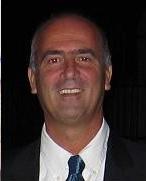
Prof. Eng. Fabio Fantozzi
Associate Professor DESTeC Department
University of Pisa
Lecturer at the courses of "Thermotechnical Systems in Building" for the Master of Science Degree in Building Engineering and the Master of Science Degree in Building Engineering - Architecture and "Building Physics" for the Master of Science Degree in Building Engineering - Architecture. Scientific activity has been carried out in the field of Technical Physics, with applications both in the industrial sector and related to the building-plant system. He has taken part to several research projects on the topics of energy renovation of residential and tertiary buildings and the development of basic algorithms for dynamic models of building-plant systems for Mediterranean buildings, with particular reference to building-plant interaction. Professional activity included works on hybrid solar systems, photovoltaic systems and heat pumps, design of thermotechnical systems, the noise measurements and fire and safety issues.
Afternoon session
Dr. Eng. Jérôme H. Kämpf, Ph.D.
Senior Research Scientist
Idiap Research Institute
Dr Jérôme Kämpf trained in physics at the University of Lausanne, University of Kent at Canterbury and Imperial College London. He completed his training with a computer science and a postgraduate degree in teacher education, before doing his PhD at EPFL on the modelling and optimisation of urban energy fluxes. Jerome led for six years a research group at EPFL first in Sustainable Urban Development and then in Urban Systems Simulation, further developing the Urban Energy Simulator CitySim that he initiated during his PhD. From 2016 to 2018, he served as professor of Building Energy Efficiency at the HES-SO in Fribourg. Since the end of 2018, Jérôme heads the Energy Informatics Group at the Idiap Research Institute focusing on AI for Energy-related challenges.
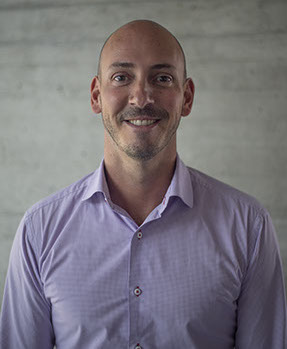
Prof. Eng. Ongun Berk Kazanci
Associate Professor, Department of Environmental and Resource Engineering Indoor Environment
Technical University of Denmark, DTU,
Ongun works as an Associate Professor of Indoor Environmental Quality and HVAC Systems at the International Centre for Indoor Environment and Energy at DTU and as a Senior Engineer Building Physics in Buro Happold. He completed his Ph.D. on “Low temperature heating and high temperature cooling in buildings” in 2016 at DTU. His main research interests are indoor environmental quality, human thermal comfort, low temperature heating and high temperature cooling systems, their integration with renewable energy resources, thermodynamic analyses of HVAC systems, and building energy performance simulation. He has received several awards including DTU's Young Researcher Award in 2016, REHVA Young Scientist Award in 2017 and SCANVAC Award for Young Researchers in 2022. He is a member of ASHRAE and IBPSA-Nordic.
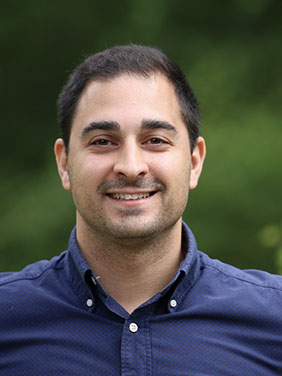
Prof. Arch. Sue Roaf, Ph.D.
School of Energy, Geoscience, Infrastructure and Society
Institute for Sustainable Building Design
HERIOT WATT University
Sue Roaf is professor emeritus at Heriot Watt University. She is an author, architect, teacher and solar energy pioneer. He spent ten years in Iran and Iraq, involved in archaeological excavations, working in anthropology on nomadic migrations and studying desert technologies. Among his 22 books are those on ice houses, on high energy efficiency buildings, on the adaptation of buildings and cities to climate change, on sustainability indicators, on adaptive and resilient thermal comfort, on natural energy buildings. A former city councilor of Oxford, he is director of AES Solar Energy Ltd. and of Ecohouse Initiative Ltd. and is a consultant to the Resilient Design Institute of New York. He led the Scottish Government's program on adaptation in the built environment and recently worked in Antarctica on extreme refuge design.
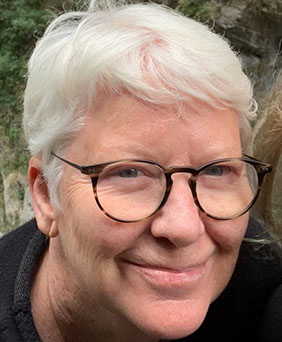
Prof. Eng. Stefano Schiavon
Architecture and Civil and Environmental Engineering
UC Berkeley
Stefano Schiavon, PhD, is a Professor of Architecture and Civil and Environmental Engineering at UC Berkeley. Stefano’s research is focused on finding ways to reduce energy consumption in buildings while improving occupant health, well-being and performance.
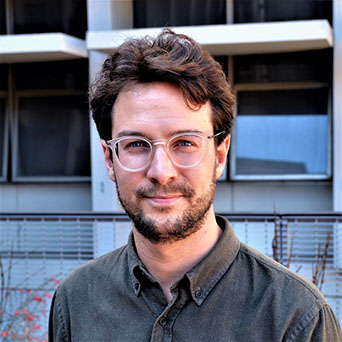
* schedule is intended at Rome GMT+1
LINK AND CONTRIBUTIONS
PIATTAFORMA ZOOM
Conference Link
Conference proceedings

MODE OF ACCESS
1. If you already have the ZOOM app installed on your PC, click Start Meeting to log in via dedicated app
2. If you do not already have the ZOOM app installed, you can install it by clicking on the link
3. Alternatively, you can access the conference directly from your browser window
1
2
3
CONTACTS
Eng. Roberto Rugani roberto.rugani@phd.unipi.it Eng. Giacomo Cillari giacomo.cillari@phd.unipi.it Eng. Giulia Lamberti giulia.lamberti@phd.unipi.it
